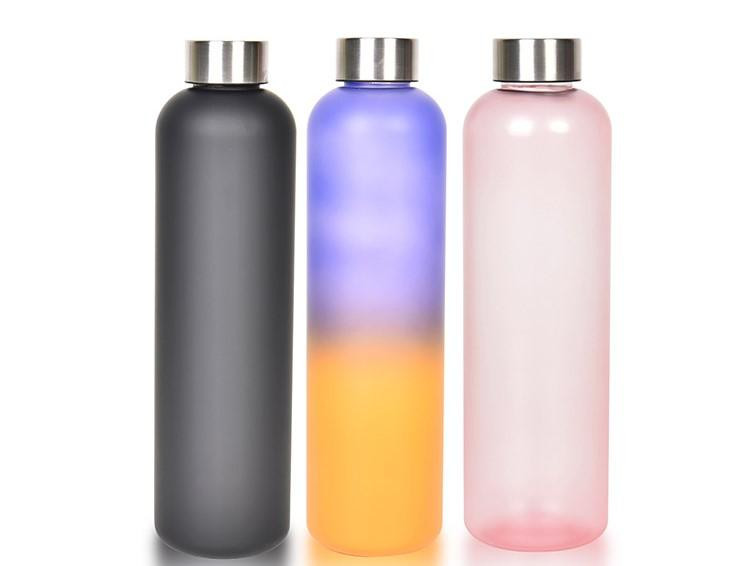In an era where environmental consciousness is gaining momentum, the simple act of choosing a reusable water bottle can have a significant impact. The convenience and accessibility of single-use plastic bottles have led to an environmental crisis, with plastic waste polluting our oceans and harming ecosystems. This article explores the benefits of reusable water bottles, from their positive impact on the environment to personal health advantages, and why they are the sustainable choice for the conscious consumer.
The Environmental Impact of Single-Use Plastic Bottles
Single-use plastic bottles have become a symbol of environmental degradation. They clog landfills, litter our landscapes, and endanger wildlife. These bottles take hundreds of years to break down, leaking harmful chemicals into the environment as they deteriorate. Additionally, the production and transportation of single-use plastic bottles consume vast amounts of fossil fuels, contributing to greenhouse gas emissions. Reusable water bottles offer a sustainable alternative that can significantly reduce this environmental harm.
The Advantages of Reusable Water Bottles
Environmental Sustainability: Reusable water bottles help reduce plastic waste and lower the demand for new single-use bottles.
Cost-Effective: Over time, investing in a reusable water bottle is more cost-effective than continuously purchasing single-use bottles.
Personal Health: Many reusable bottles are made from materials that don't leach harmful chemicals into your drinking water.
Convenience: They are designed to be convenient for on-the-go lifestyles, with various sizes and styles available.
Customization: You can personalize your reusable bottle with colors, designs, and features to fit your preferences.
Environmental Benefits of Reusable Water Bottles
Reduced Plastic Pollution: By choosing a reusable water bottle, you can significantly reduce the number of plastic bottles that end up in landfills, rivers, and oceans. This, in turn, mitigates the harm caused to wildlife and marine ecosystems.
Conservation of Resources: Reusable bottles help conserve the resources used in single-use bottle production, such as petroleum and water.
Lower Carbon Footprint: The production, transportation, and disposal of single-use bottles contribute to carbon emissions. Reusable bottles, made from materials like stainless steel or glass, have a lower carbon footprint over their lifetime.
Less Energy Consumption: The manufacturing of plastic bottles is energy-intensive. Opting for a reusable bottle saves energy by eliminating the need for frequent replacements.
Promotion of Recycling: The use of reusable bottles encourages recycling behaviors and raises awareness about the importance of responsible waste management.
Health Benefits of Reusable Water Bottles
BPA-Free Materials: Many reusable bottles are made from BPA-free materials, which means they won't leach harmful chemicals into your drink. This safeguards your health and reduces the risk of potential toxins entering your body.
Better Hydration: Carrying a reusable bottle encourages consistent hydration, which can lead to improved health and well-being.
Temperature Control: Many reusable bottles offer insulation, keeping your beverages hot or cold for longer periods, providing comfort and enjoyment.
Durable and Long-Lasting: Quality reusable bottles are designed to withstand the test of time, reducing the need for replacements and the associated health risks of using old, deteriorating plastic bottles.
Choosing the Right Reusable Water Bottle
When selecting a reusable water bottle, consider your preferences and needs:
Material: Choose from stainless steel, glass, BPA-free plastics, or aluminum, depending on your preferences for weight, durability, and insulation.
Size: Select a size that suits your daily hydration goals and fits comfortably in your bag or cup holder.
Features: Look for extras like insulation, spill-proof lids, and carrying straps for added convenience.
Cleaning Ease: Consider how easy it is to clean and maintain the bottle.
Sustainability: Opt for brands that prioritize sustainability in their manufacturing and packaging.
For More Info:-






Comments